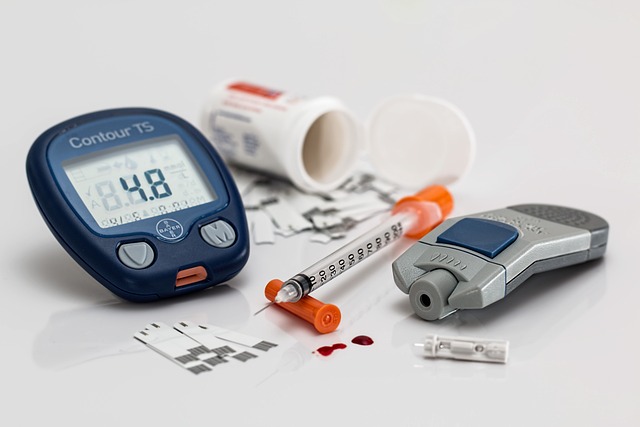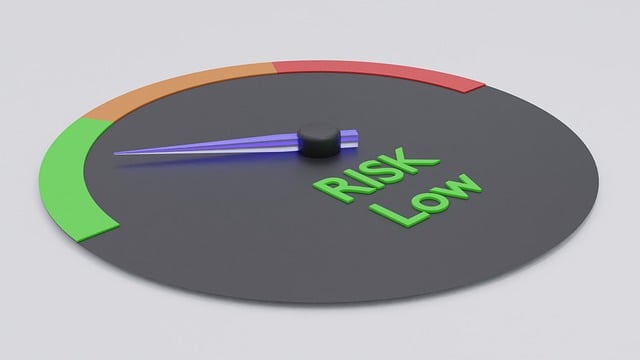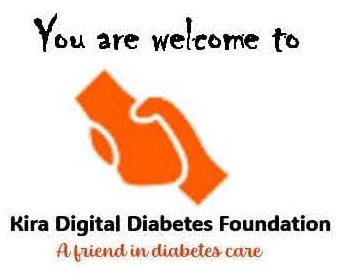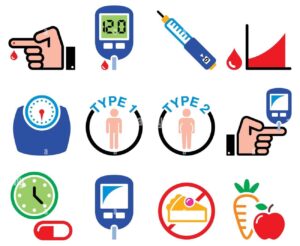Basics of Diabetes
Basics of Diabetes
Diabetes is a chronic metabolic disorder characterized by elevated levels of blood glucose (or blood sugar) resulting from the body's inability to produce or effectively use insulin, a hormone produced by the pancreas. Insulin plays a crucial role in regulating blood sugar levels by allowing cells to utilize glucose for energy.

Common Signs
Thirst and urination: Excessive thirst and frequent urination; Hunger: Feeling very hungry, even when eating.

Risk Factors
Family history of diabetes; Being overweight or obese; Sedentary lifestyle; Increasing age; Certain ethnic backgrounds; Poor diet



